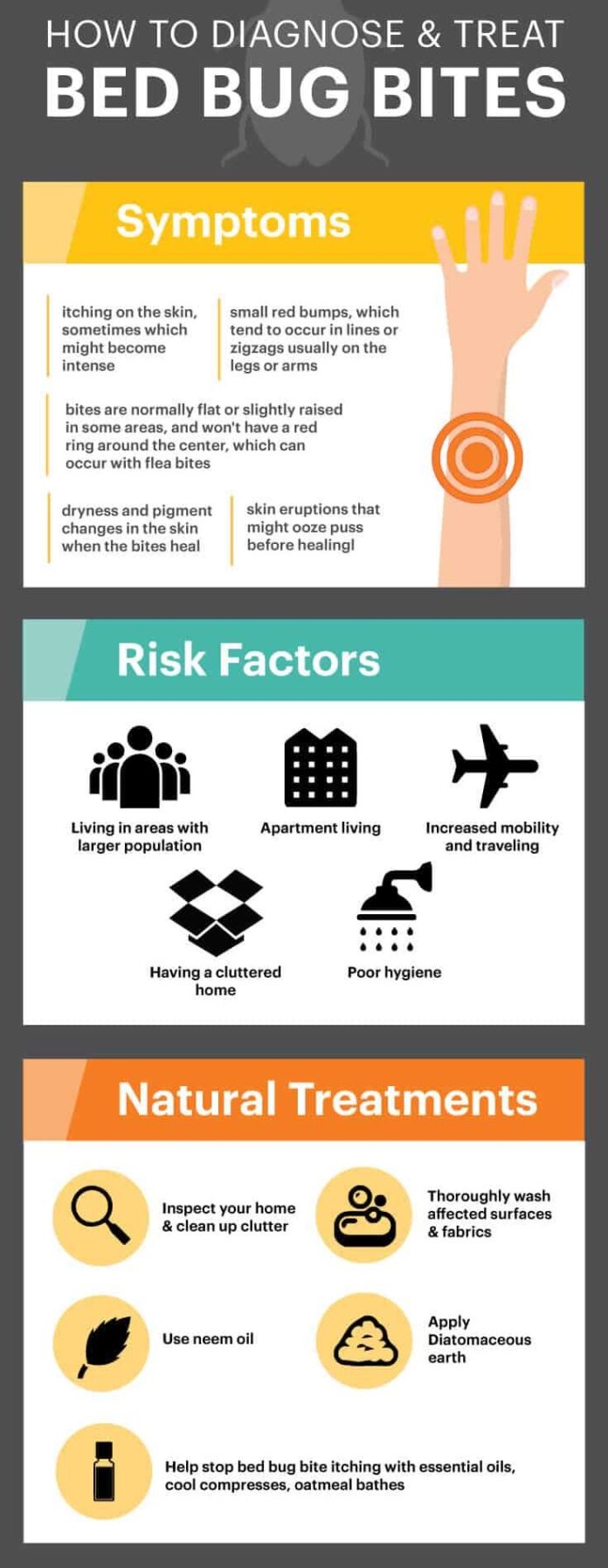
Understanding the Effects of Bed Bug Bites: Symptoms, Treatments, and Prevention
Bed bugs are pesky little creatures that can cause havoc in our lives. These nocturnal insects feed on human blood and leave behind itchy, red welts on our skin. While their bites are usually harmless, it’s important to understand their effects, identify the symptoms, explore available treatments, and implement preventive measures. In this comprehensive guide, we’ll delve into all aspects of bed bug bites to help you combat these unwanted intruders effectively.
Symptoms of Bed Bug Bites:
One of the key steps in dealing with bed bug bites is being able to identify them. The following symptoms are commonly associated with bed bug bites:
1. Red welts on the skin: Bed bug bites often appear as small, red, raised bumps on the skin. These welts may be itchy and cause discomfort.
2. Itching and irritation: The bites tend to induce itching, which can lead to further complications if scratched excessively. It’s important to resist the urge to scratch to avoid infection.
3. Clusters and patterns: Bed bug bites usually appear in clusters or linear patterns, often in areas exposed while sleeping, such as the arms, legs, neck, and face.
4. Delayed reaction: It’s essential to note that reactions to bed bug bites can vary from person to person. While some may develop an immediate response, others may experience delayed reactions, with symptoms appearing several days after being bitten.
Treatments for Bed Bug Bites:
Fortunately, there are several effective treatments for relieving the symptoms caused by bed bug bites. Let’s explore some of the commonly recommended treatments:
1. Topical creams and ointments: Over-the-counter anti-itch creams containing hydrocortisone or calamine lotion can provide relief from itching and reduce inflammation. These creams can be directly applied to the affected areas.
2. Oral antihistamines: If the itching becomes uncontrollable, oral antihistamines such as diphenhydramine (Benadryl) or cetirizine (Zyrtec) can help alleviate the discomfort and promote better sleep.
3. Cold compresses: Applying a cold compress to the affected areas can help reduce swelling, redness, and itching caused by bed bug bites. A cloth soaked in cold water or ice wrapped in a thin towel can be gently pressed against the welts for a few minutes at a time.
4. Natural remedies: Some people find relief through natural remedies such as aloe vera gel, tea tree oil, or witch hazel. These natural ingredients have soothing properties that can calm the itchy skin and reduce inflammation.
Preventing Bed Bug Bites:
Prevention is always better than cure when it comes to bed bugs. Here are some proactive measures you can take to avoid bed bug infestations and subsequent bites:
1. Regularly inspect and clean your sleeping area: Examine your bedding, mattress seams, headboard, and nearby furniture for any signs of bed bugs. Vacuuming regularly can also help remove any potential hiding spots for these insects.
2. Use protective encasements: Invest in bed bug-proof encasements for your mattress and box spring. These protective covers can prevent bed bugs from infiltrating these areas, making it easier to identify and treat any potential infestations.
3. Be cautious while traveling: When staying in hotels or other accommodation, check the room for signs of bed bugs such as bloodstains, shell casings, or bug feces. Keep your luggage off the floor and away from the bed to minimize the risk of bringing these pests back home.
4. Reduce clutter: Bed bugs thrive in cluttered environments, as it provides more hiding spots. Regularly declutter your living spaces, especially near your bed, to minimize the chances of a bed bug infestation.
In conclusion, understanding the effects of bed bug bites is essential for effectively dealing with these nuisances. By recognizing the symptoms, utilizing appropriate treatments, and implementing preventive measures, you can minimize the impact these pesky insects have on your life. Remember, if the infestation persists or the bites cause severe reactions, it’s advisable to seek professional help. Rest easy knowing that with the right knowledge and actions, you can keep these unwanted bedfellows at bay.


















